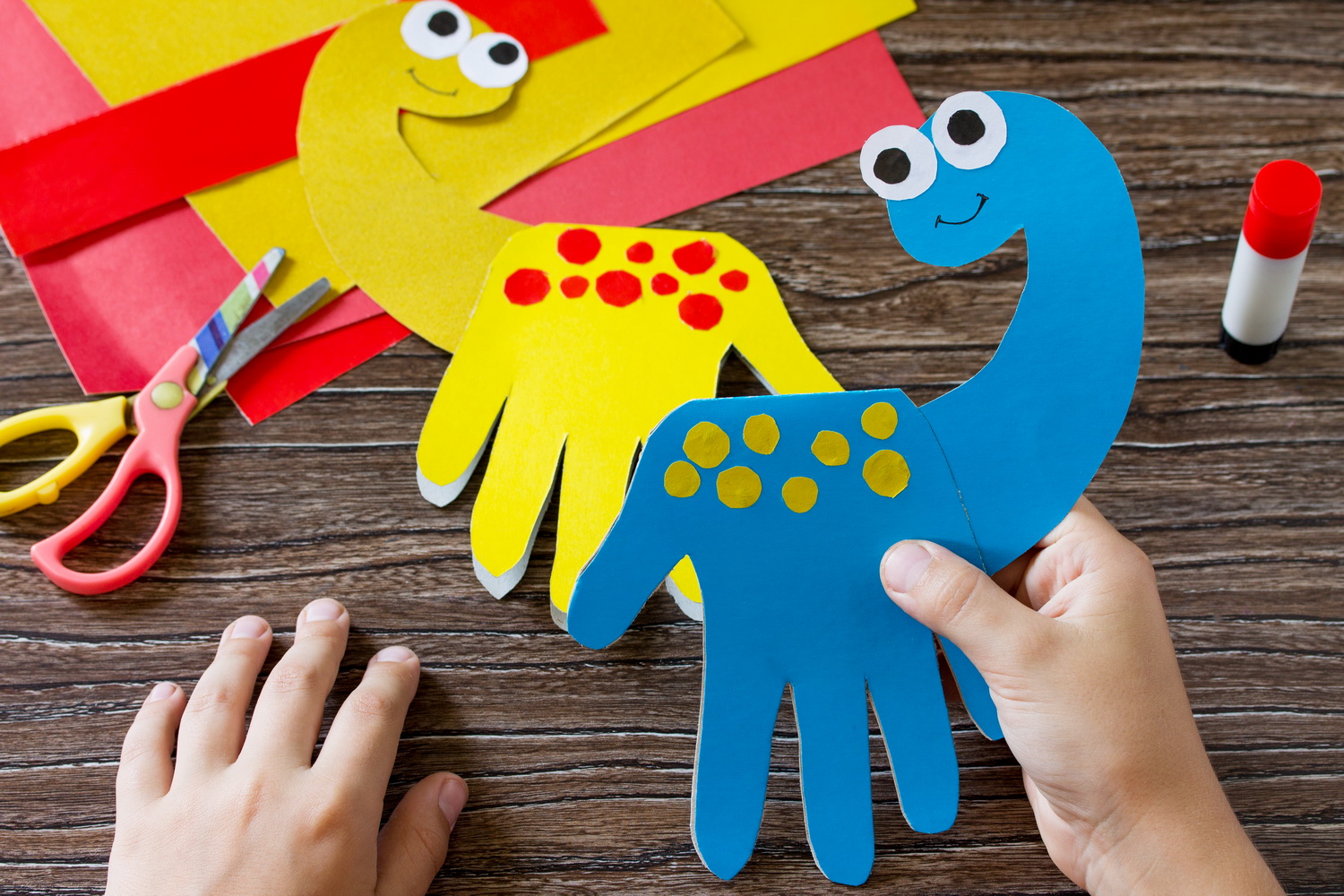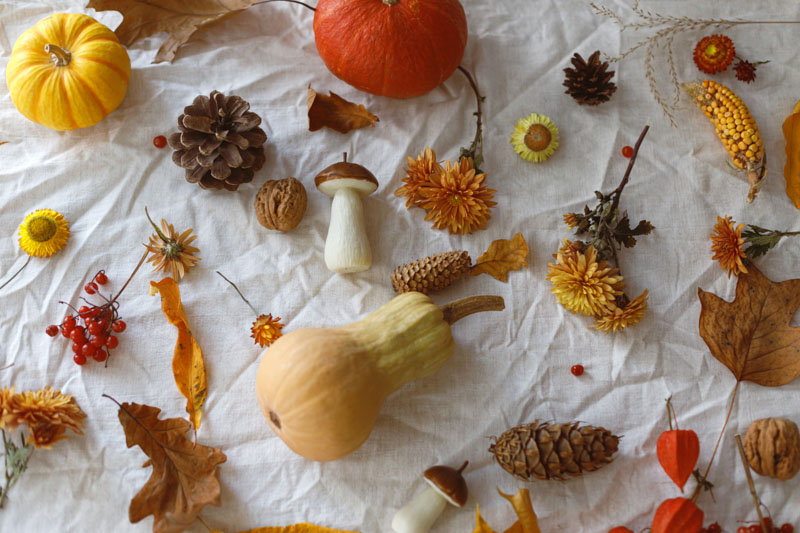Technology & STEM Articles
Daily Knowledge Boost with Kids Academy: Fractions for Grade 3
Dec. 9, 2024

One math concept that students spend a lot of time on, especially in 3rd grade, is fractions. Manipulating fractions is an important skill for students to master because it can build a foundation for more complex topics, develop their critical thinking skills, and help kids better understand more abstract concepts and establish connections across multiple subjects.
Today’s daily knowledge boost provides students in 3rd grade with in-depth study of fractions: making and representing fractions, as well as comparing fractions through their denominator and numerator.
Daily Knowledge Boost with Kids Academy: Properties of Matter for 2nd Grade
Nov. 22, 2024
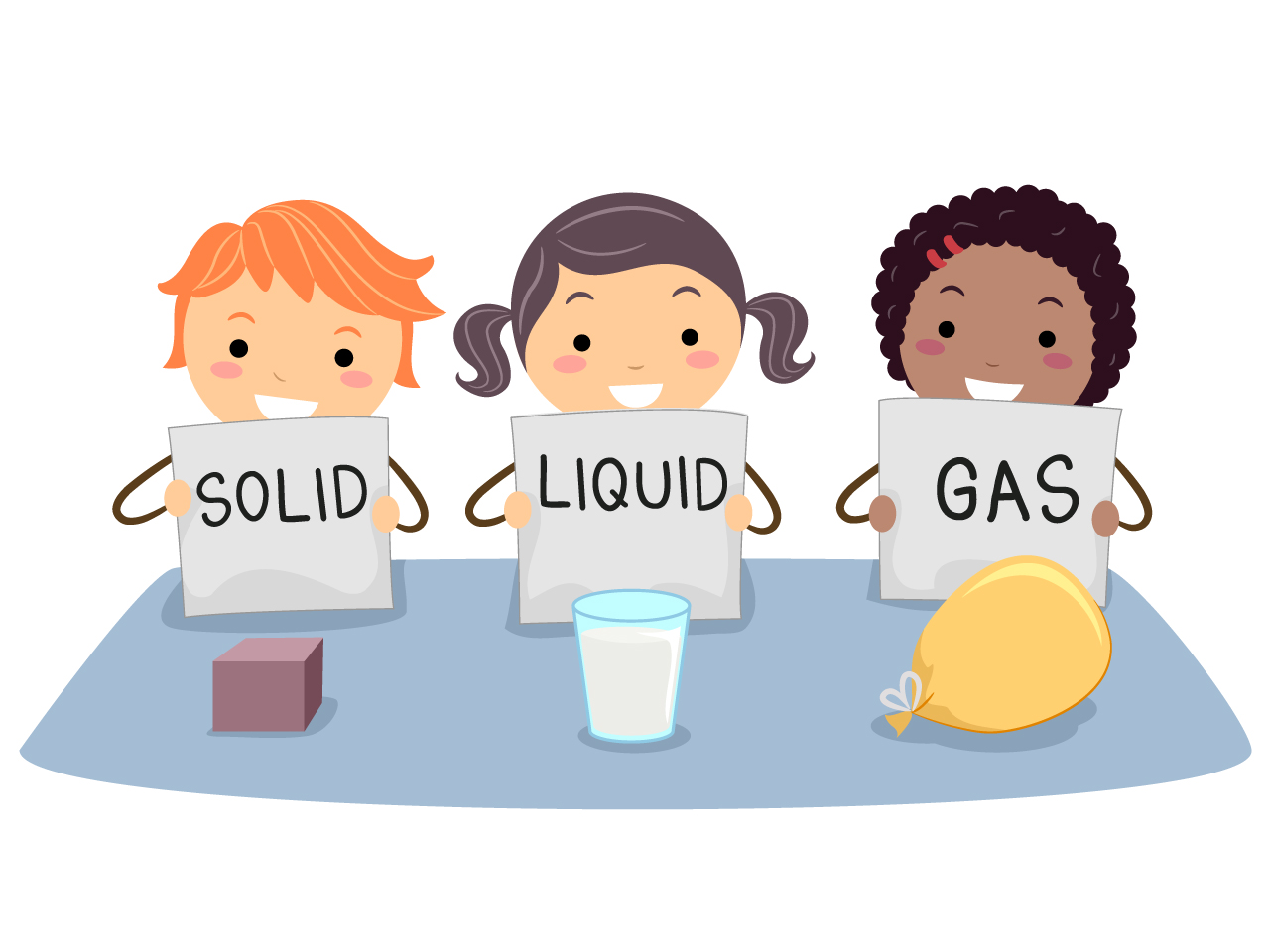
In 2nd grade it is very important for learners at this age to dive deeper into the world around them. The properties of matter are the basis for future science learning. Students start with this topic in Kinder and deepen in its complexity as they move up in each grade. Exploring matter encourages students to observe and inquire and gives opportunities for students to practice critical thinking and observation skills.
Daily Knowledge Boost with Kids Academy: Learning About Space in First Grade
Nov. 5, 2024

As a child grows, it is important to foster their curiosity of the world around them. The sun, moon, and stars are a topic of extreme interest for students in 1st grade. Building a strong foundation of knowledge about the main parts of our solar system can develop a sense of wonder about the universe and their place within it, as well as inspire future interest in the STEM fields. Mastering these concepts will also build a strong foundation for more complex topics. Today’s daily knowledge boost allows children to explore and gain knowledge about the sun, moon, and stars!
Daily Knowledge Boost with Kids Academy: Exploring Shapes in Grade K
Oct. 9, 2024

By the end of Kindergarten, one goal is for children to be able to identify shapes around them in the world. Not only will children learn to identify shapes, they will be able to sort and make all different types of shapes. Today’s daily knowledge boost allows children to practice the skills of recognizing shapes, creating shapes, counting sides and corners in shapes, and identifying 2D or 3D shapes.
Beachside Science: Fun Experiments by the Sea for Curious Kids
June 27, 2024

A day at the beach is a perfect opportunity to use the sand and the sun with your children to engage in hands-on science experiments that are both fun and educational. In this article you will find engaging and exciting experiments that kids will love and learn complex concepts in a simple manner, plus a few additional suggestions for the most curious explorers.
Easy Addition and Subtraction Worksheets for Kindergarten
April 30, 2024

During their first school year, grade K, children learn the basics of operations with numbers, such as counting groups of objects and counting forward and backward along a number line. When it comes to addition and subtraction, by the end of the year learners should master single digit addition, subtraction, and follow multi-step directions in word problems.
If you’re not sure where to start their addition and subtraction journey, let’s explore the milestones that all early math learners must master, along with helpful simple worksheets that they can use for practice.
Interactive Math Quizzes for Kindergarteners
April 2, 2024

Because the math that 5 and 6-year-olds learn is so crucial to their developing skills, it’s important that parents and teachers have a strong idea of a child’s strengths and weaknesses. The easiest way to get it is to assess their knowledge regularly using a quiz or test. However, it’s understandable that to some quizzing a 6-year-old might seem boring and unmotivating. That’s where Kids Academy comes in to save the day! We provide short, targeted quizzes that feel more like solving a puzzle than completing a math problem. By playing with gamified quizzes, kids have fun while working hard, and parents get the feedback they need to monitor learning. Read the article to learn more!
Graph Worksheets and Lessons for 9-Year-Olds
March 19, 2024
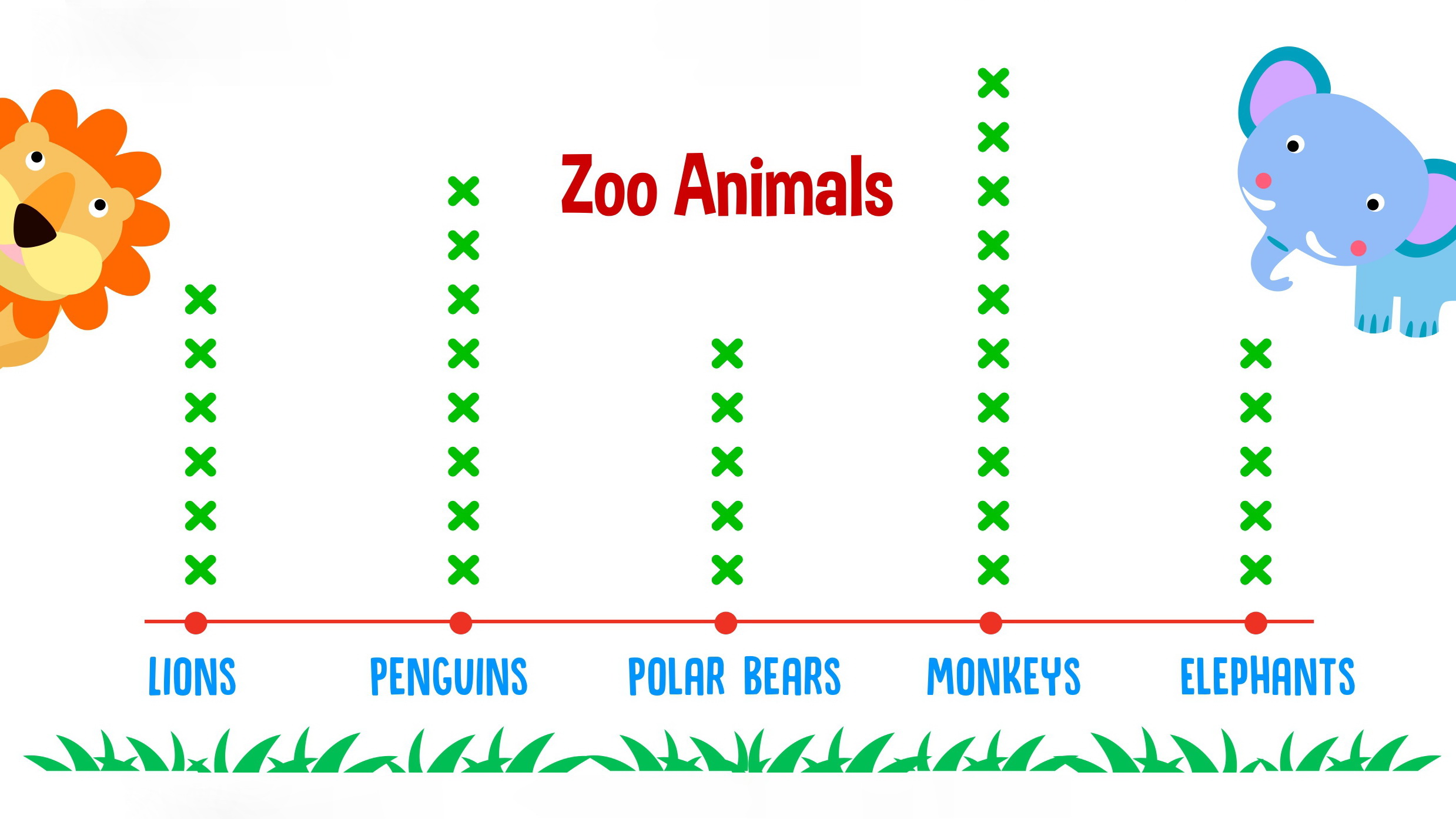
Learning to read different types of graphs is a crucial skill for early learners. After all, graphs are powerful visual tools that help children understand and interpret data, fostering critical thinking and analytical skills. Early in elementary school, students are typically introduced to graphs through tally charts as early as kindergarten. By the time they reach nine years old, it’s important that students learn to read and analyze different types of graphs.
While it may seem as though data analysis is a boring skill to learn, with a little bit of creativity, graphs can be an enjoyable skill for students to master, especially when they experience relevant, hands-on practice. Let’s explore the different types of graphs your little data analyst needs to learn and the best strategies to use to teach each kind.
Turn Screen Time into Growth Time with Kids Academy
Feb. 8, 2024
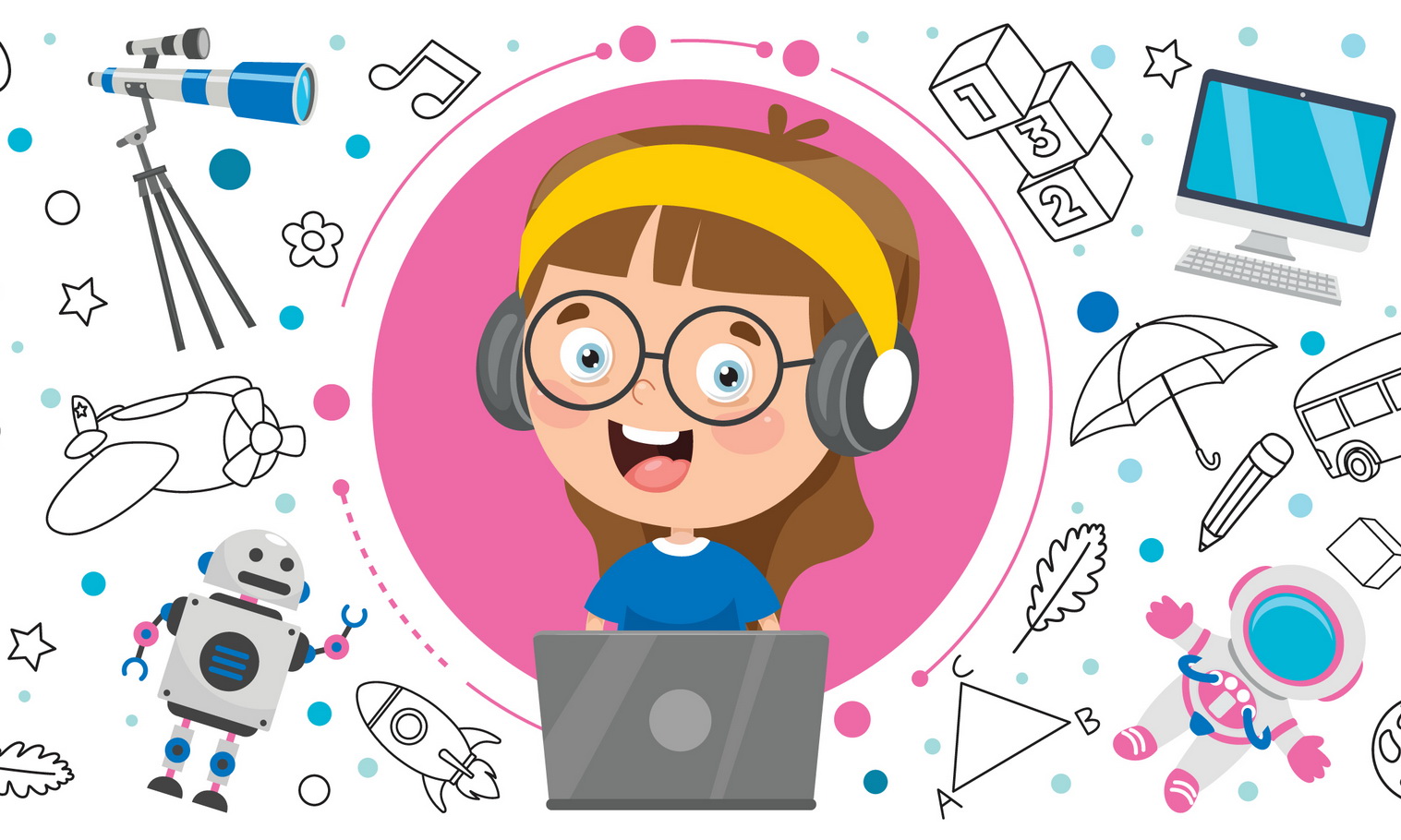
Think back to your earliest childhood memories; how did you spend your time? Unlike today’s kids, your memories likely don’t include playing for hours on your parent’s smartphones. By contrast, modern children are considered digital “natives”, meaning that from the moment of birth they live in an environment where the use of mobile devices and the Internet is the norm.
This new normality poses new questions and challenges to parents and teachers. The former may be wondering how to make the most of their kids’ screen time to ensure that they have the best balance of online and offscreen activities. While for the latter it’s natural to be wary of incorporating screen devices into the classroom, especially with the already limited time within a school day.
Luckily, high-quality digital learning tools can help both parents and teachers make the best out of their kids’ and students’ time with screens. Thanks to highly engaging elements, such as interactive apps, games, and videos, online content enhances the learning process by making it playful and fun. Whether at home or in the classroom, screen time offers a dynamic and engaging educational experience that prepares kids for navigating today’s technology-driven world.




